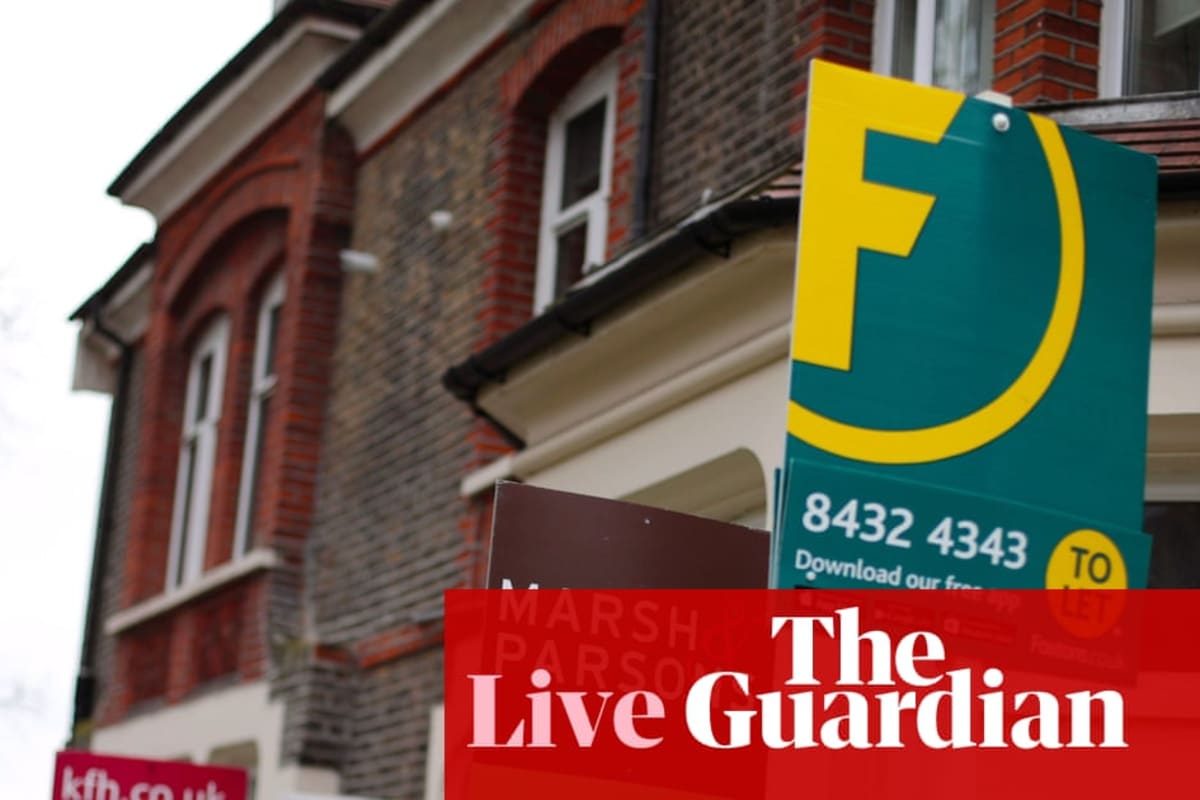UK Budget: Landlords Face Tax Hike?

The UK political landscape is currently dominated by two significant developments: the looming possibility of a tax increase for landlords and a prominent political figure's boycott of a state banquet A recent report in The Guardian reveals internal Labour party discussions regarding a potential national insurance tax on rental income, sparking anxiety and uncertainty within the property market While Labour's Shadow Housing Secretary, Stephen Morgan, has reiterated the party's commitment to sustainable economic growth, the proposed tax hike has generated considerable unease among landlords and renters alike The potential repercussions of this policy shift are significant, especially given the current economic climate and the persistent housing shortages across the country For readers in Southeast Asia, this situation offers a crucial comparative perspective Many Southeast Asian nations are grappling with similar challenges, including affordable housing crises and the need for robust property market regulations, making the UK's policy debate particularly relevant Experts suggest that the potential tax increase could deter foreign investment in UK property, potentially affecting investors from Southeast Asia The long-term effects on rental prices and overall housing affordability remain uncertain, presenting opportunities for insightful cross-national analysis and comparisons In a separate but equally significant development, Liberal Democrat leader Sir Ed Davey has announced his decision to boycott the upcoming state banquet honoring US President Donald Trump Davey cited Trump's perceived stance on the ongoing Gaza conflict as the primary motivation for his boycott, framing his action as a direct protest against the US president's foreign policy He was careful to emphasize his respect for the British monarchy, noting his personal communication with King Charles III and acknowledging his own personal faith as guiding principles in his decision This action underscores the existing political divisions within the UK regarding foreign policy, particularly concerning the delicate and often controversial issue of US involvement in Middle Eastern affairs From a Southeast Asian perspective, this event highlights the intricate geopolitical relationships that exist between Western nations and the far-reaching global implications of policies related to international conflict and diplomacy The decision of a prominent UK politician to boycott a US event over policy disagreements is a noteworthy occurrence, prompting consideration of comparable scenarios and potential repercussions within the Southeast Asian context The convergence of these two events provides a revealing snapshot of the current state of UK politics.
The internal discussions surrounding the national insurance tax on rental income reflect the persistent challenges faced by many developed economies as they strive to balance economic growth, social equity, and the efficient allocation of resources This situation resonates with ongoing debates in Southeast Asian nations as they grapple with similar issues related to housing, taxation, and broader economic policy Sir Ed Davey’s boycott draws attention to the ongoing global debates surrounding international relations, ethical foreign policy, and the profound impact of international decisions on various regions across the globe Analyzing these parallel themes in both the UK and Southeast Asia is essential for understanding the broader implications of domestic and international political developments Ultimately, The Guardian's report provides valuable insights into both UK domestic and international affairs, serving as a relevant case study for readers in Southeast Asia By drawing parallels and facilitating comparative analyses, we can gain a deeper understanding of the complex interplay of economic and political forces shaping both the UK and the wider global landscape This also underscores the importance of examining policy discussions and political actions through multiple lenses to achieve a more nuanced understanding of their potential impacts and overall significance Further in-depth research is needed to explore the specifics of the proposed tax, its potential impact on different socioeconomic groups within the UK, and comparisons with similar policies in Southeast Asian nations to provide a more comprehensive analysis The long-term implications for housing affordability in the UK and the potential ripple effects on international investment warrant continued monitoring and comprehensive reporting The ramifications of Ed Davey's boycott, both in terms of its potential impact on UK-US relations and the broader conversation surrounding ethical foreign policy, deserve further exploration Analyzing the reactions from other political figures and relevant stakeholders is crucial to understanding the broader political climate and public opinion surrounding this issue Finally, comparing and contrasting the approaches of the UK and Southeast Asian nations to the various challenges highlighted in this report would offer valuable insights and comparative perspectives for readers in the region and internationally
